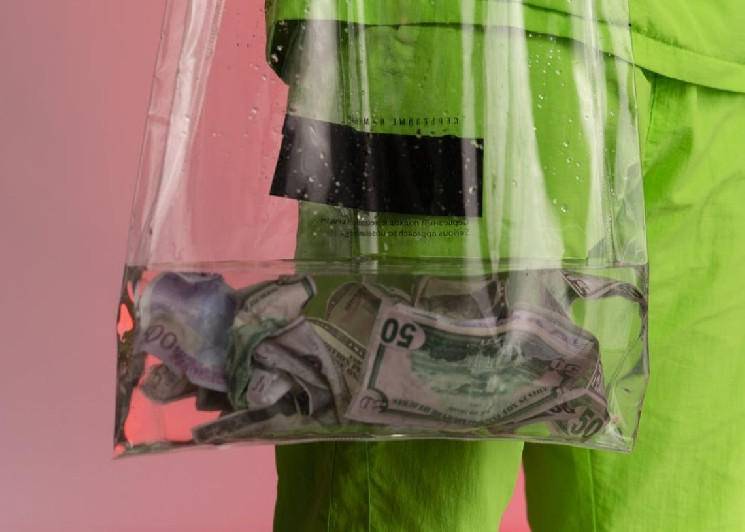Amidst the China feeling proud of the nation’s own digital Yuan being a secure and centralized digital payment option, Xinmi police ruined all the celebrations. The police reported the first-ever money-laundering case using China’s Central Bank Digital Currency (CBDC), questioning the existence of CBDCs around the world.
The Xinmi Public Security and Zhengzhou Public Security Bureau’s Anti-Fraud Center worked together to arrest 11 suspects for illegally using Chinese CBDC to launder money in Fujian Province.
As per the officials, the gang members were also using the digital Yuan to further launder money for a foreign group hiding in Cambodia.
China CBDC fraud uses telecommunications
The telecommunications network in Xinmi city was the most crucial part of this fraud execution in China. The victims would receive random calls about their wrong online purchase, referring to quality problems as per the plan. The scammers were supposed to offer compensation to the buyer for the mistake as per the plan.
The process further included scammers asking victims for verification, which involves multiple transfers of digital Yuan. As per the local media, Public Security Bureau’s Criminal Investigation Brigade revealed that these payments were transferred into a particular digital wallet. However, the translation mode was different from the previous payments. The authorities have detained the alleged culprits for further investigations.
Chinese CBDC cannot subdue illegal financial activities
As per the authorities, the “controllable anonymity” feature in the digital Yuan serves reasonable anonymous transactions with personal information protection. But the CBDC is prioritizing prevention, control, and combat money laundering, tax evasion, terrorist funding, and any other unethical activities to maintain the country’s financial security.
Yet, the digital Yuan’s inability to prevent financial crimes has raised major questions about the existence of the country’s CBDC.
As TheCoinRise reported, the Chinese government has also recently pressured the US companies to accept payments in the upcoming Olympics.
 thecoinrise.com
thecoinrise.com
